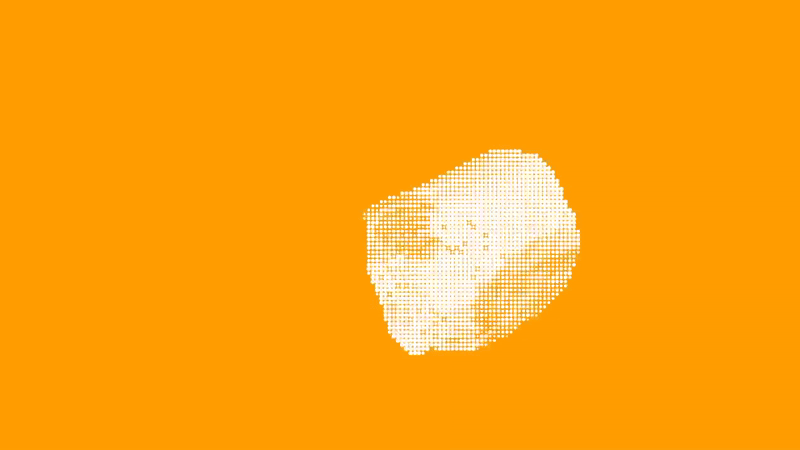Theory Thursday: CT Scans, Neural Nets, and the Power of Cross-Domain Innovation
Art by @basilonmypizza: https://lnkd.in/eF8FkWzN - https://basilhefti.ch/
What do you get when you combine medical imaging, AI, and a 2000-year-old mystery? A masterclass in cross-domain innovation.
We all know Pompeii, the city frozen in time by volcanic ash. Visiting it, you will recognize streets, houses and shops and instantly understand how it functioned. Even after 2000 years.
But together with the city, knowledge was buried too, in the form of scrolls.
📚 In nearby Herculaneum, an entire library of papyrus scrolls was carbonized but preserved. For centuries, they were unreadable: too fragile to touch, too valuable to ignore.
🧠 That’s where Project Vesuvius comes in. It combines high-resolution CT scans with AI to read what no one had touched in many years.
How does that work?
🌀 CT scans produce a 3D grid of tiny cubes (voxels) that capture density. Papyrus and gaps are distinguishable in these scans. But the scroll is still tightly wound, distorted, and trapped in 3D space.
🔍 The team traced scroll shapes slice by slice, lined up the voxels to reconstruct segments, and virtually unrolled the scroll. The result: ragged but readable surfaces.
🖋️ Next comes ink detection. AI models were trained to spot where ink sits on papyrus.
🔡 And finally, character recognition. Again, AI proves useful: standard OCR techniques can be adapted to decode the recovered writing.
What fascinates me most isn’t the fact that ancient scrolls become readable again. It’s the transfer of technology, from medical imaging to archaeology, from OCR to ancient text recovery.
🧩 It’s a powerful example of how AI and data science can cross boundaries between disciplines and centuries.
As someone working at the intersection of AI and strategic innovation, I see great potential here - not only for cultural heritage, but for medicine, material science, and beyond.
Where do you see potential for applying techniques like this in your industry? Discuss below.
- Vesuvius Challenge: https://scrollprize.org/
- Julian Schilliger, Youssef Nader and Luke Farritor from ETH won the grand prize of the Vesuvius Challenge https://lnkd.in/eN46mf7k
- Kaggle OCR dataset https://lnkd.in/eECW4xef
Follow me on LinkedIn for more content like this.
